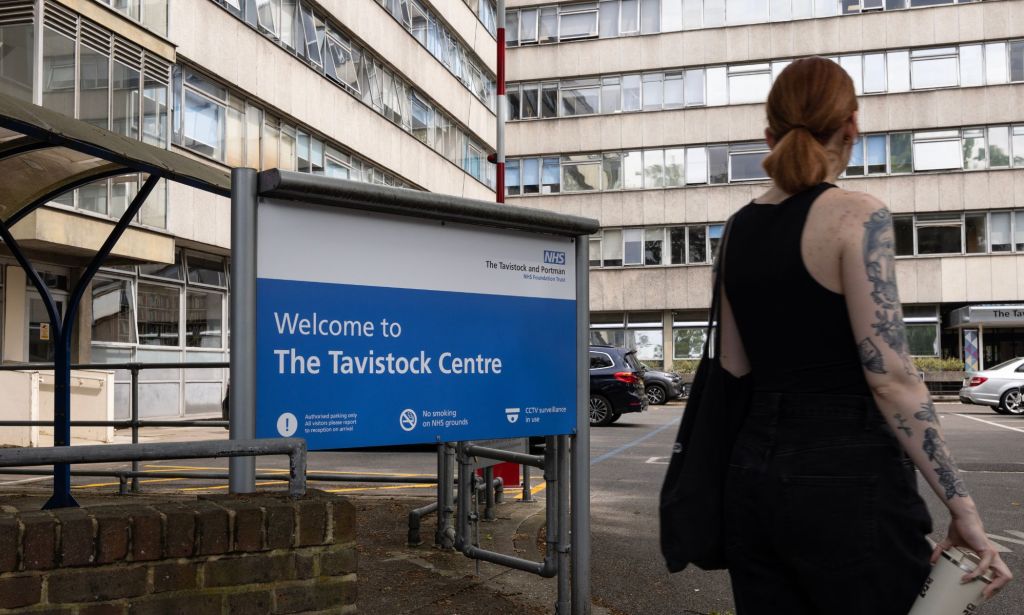Leading trans health bodies accuse Cass Review of ‘selective and inconsistent use of evidence’

Leading trans healthcare bodies have accused the Cass Review of “selective and inconsistent use of evidence”. (Getty/Carol Yepes)
Leading trans healthcare bodies have said that the Cass Review’s “selective and inconsistent use of evidence… deprives” transgender youth of the care they deserve.
NHS England commissioned paediatric expert Dr Hilary Cass to head the review in 2020, in response to the sharp rise in referrals to what was then England’s only youth gender clinic, London’s Tavistock Centre, which closed two months ago.
Building on an interim report in 2022, Cass made upwards of 32 recommendations to restructure how trans youth receive care.
Responding to the report, the World Professional Association for Transgender Health (WPATH) and the US Professional Association for Transgender Health (USPATH) published a statement accusing Cass officials of “intentionally and explicitly excluding any oversight from patients and their families and trans healthcare experts”, and claiming that the report’s “content is not supported by a robust methodology”.
Trans health bodies say the Cass Report causes ‘immense distress’
The statement goes on to say: “The Cass review relies on selective and inconsistent use of evidence, and its recommendations often do not follow from the data presented in the systematic reviews.”
Furthermore, it “deprives young trans and gender-diverse people of the high-quality care they deserve and causes immense distress and harm to both young patients and their families”.
The organisations noted their extreme concern that, following the closure of the Tavistock, “young transgender and gender diverse (TGD) people and families” have been left with “little opportunity to obtain transgender care”.
The closure, they claim, breaches the rights of trans people, who “are being denied medically necessary care”.

In April, sources claimed that replacement NHS gender identity clinics for trans youth are understaffed and “nowhere near ready”.
WPATH and USPATH are not the only experts concerned by the report. Last month, a group of Canadian doctors questioned the decision to disregard a large number of existing studies into gender-affirming healthcare.
And, while people agreed that some changes were needed, other recommendations also remain “questionable”.

